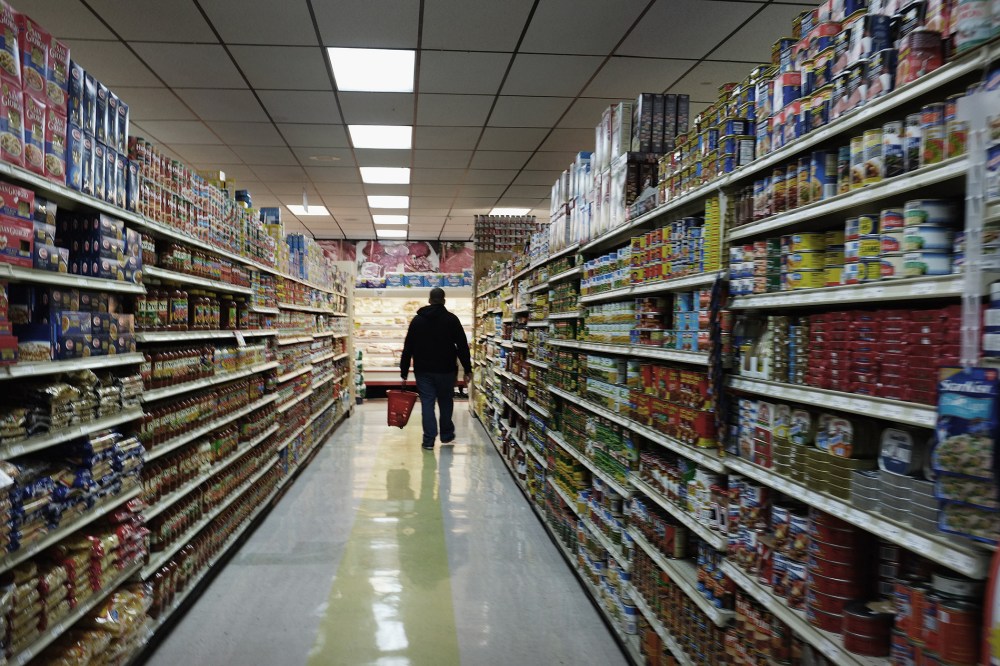Commerce Secretary Wilbur Ross caused a bit of a stir yesterday during a CNBC interview when he said, in reference to federal workers affected by the government shutdown who’ve turned to food banks. “I don’t really quite understand why.” A few hours later, a reporter asked Donald Trump about Ross’ comments, and the president replied:
“No, I haven’t heard the statement, but I — I do understand perhaps he should set it differently. Local people know who they are when they go for groceries and everything else. And I think what Wilbur was probably trying to say is that they will work along. I know banks are working along of — if you have mortgages, the mortgagees, the mortgage — the folks collecting the interest and all of those things, they work along.
“And that’s what happens in times like this. They know the people, they been dealing with them for years, and they work along. The grocery store — and I think that’s probably what Wilbur Ross meant.”
His disjointed rhetorical style often makes it difficult to understand what the president is trying to say, but in this case, I think I know what Trump is getting at.
In his mind, many Americans live in small enough communities that they can go to a local grocer, who knows and cares about them, and who will gladly let them buy groceries on credit.
This, according to the president, is “what happens.”
Except it’s really not. Ideally, someone would share Sarah Jones’ explanation of reality with the confused president: “It is not true … that hungry workers in need of a gallon of milk can show up at the local Foodtown and just promise to pay the store back later. We do not inhabit the world of Little House on the Prairie. Half Pint cannot go to the general store and place a dozen eggs on store credit until Pa’s farm starts to make money. If that were possible, workers would have taken advantage of this system already.”












